Plasma is fascinating, and helps people live.
Your plasma carries life-saving proteins that become medicines for people with rare diseases.

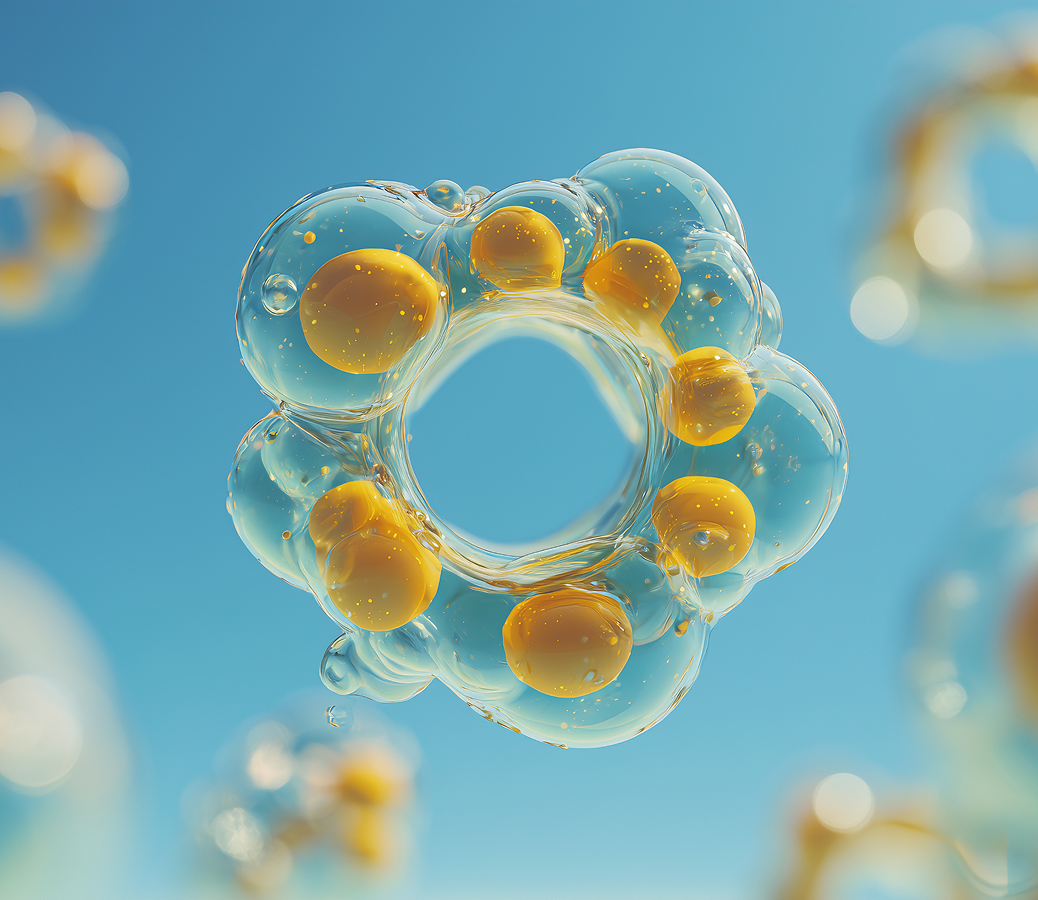
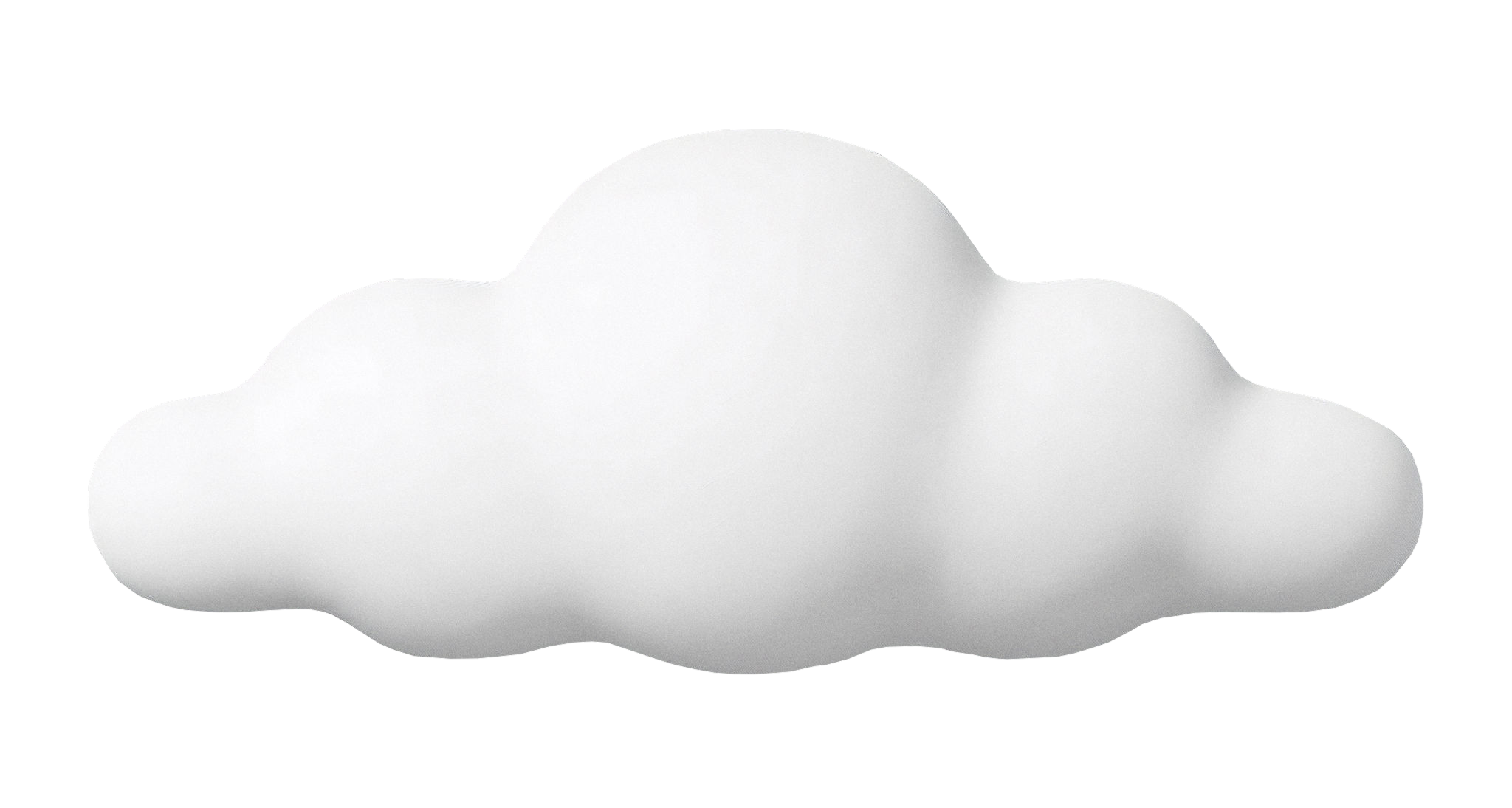
92% water with essential proteins that can't be made artificially
Contains antibodies that fight infections
Carries clotting factors that help wounds heal
Transports nutrients throughout your body
The body’s transportation system.
Plasma is the liquid part of your blood, 55% of what flows through your veins. It's the river that carries everything your body needs to survive.

Testing & Safety
Protein Separation
Medicine Creation
Global Distribution
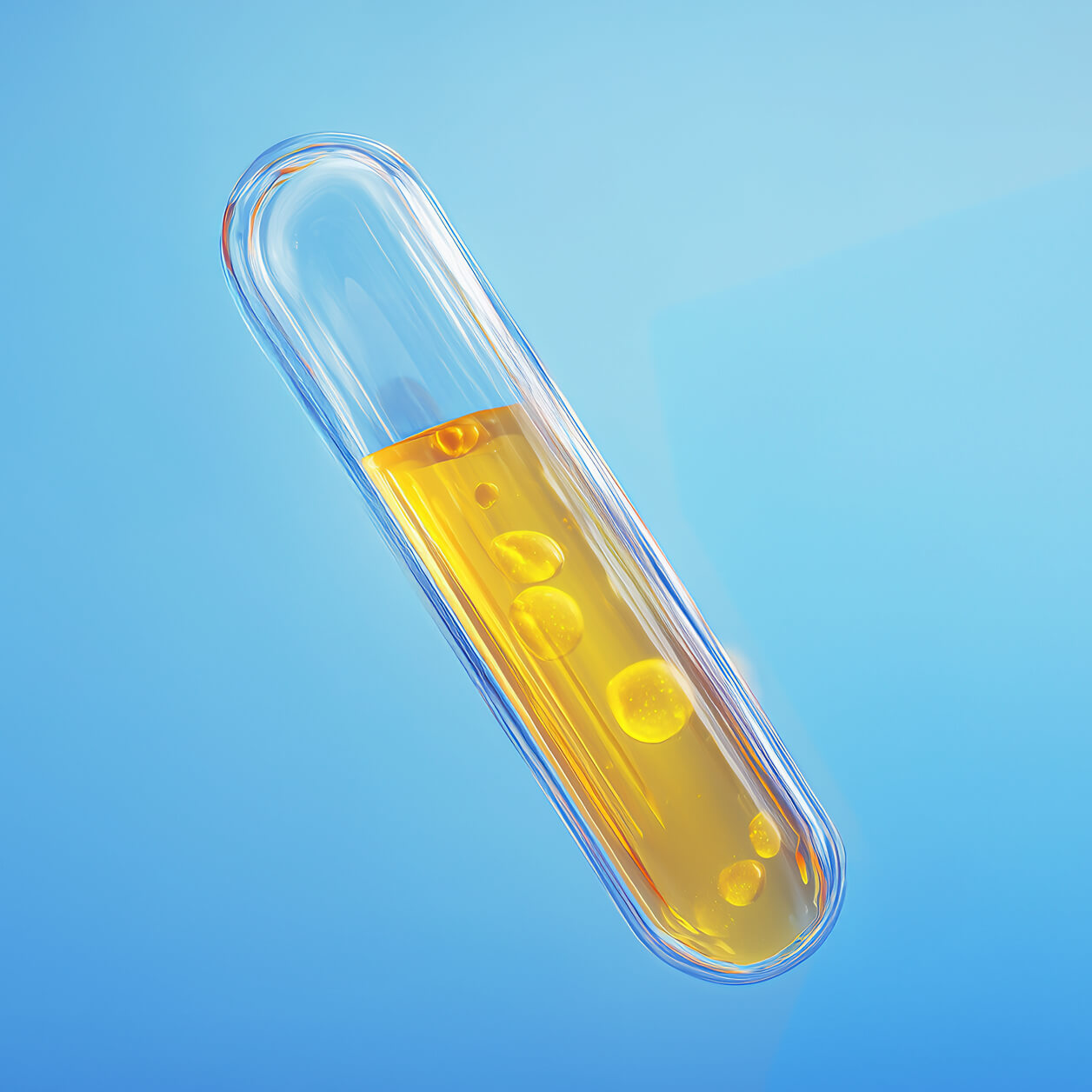
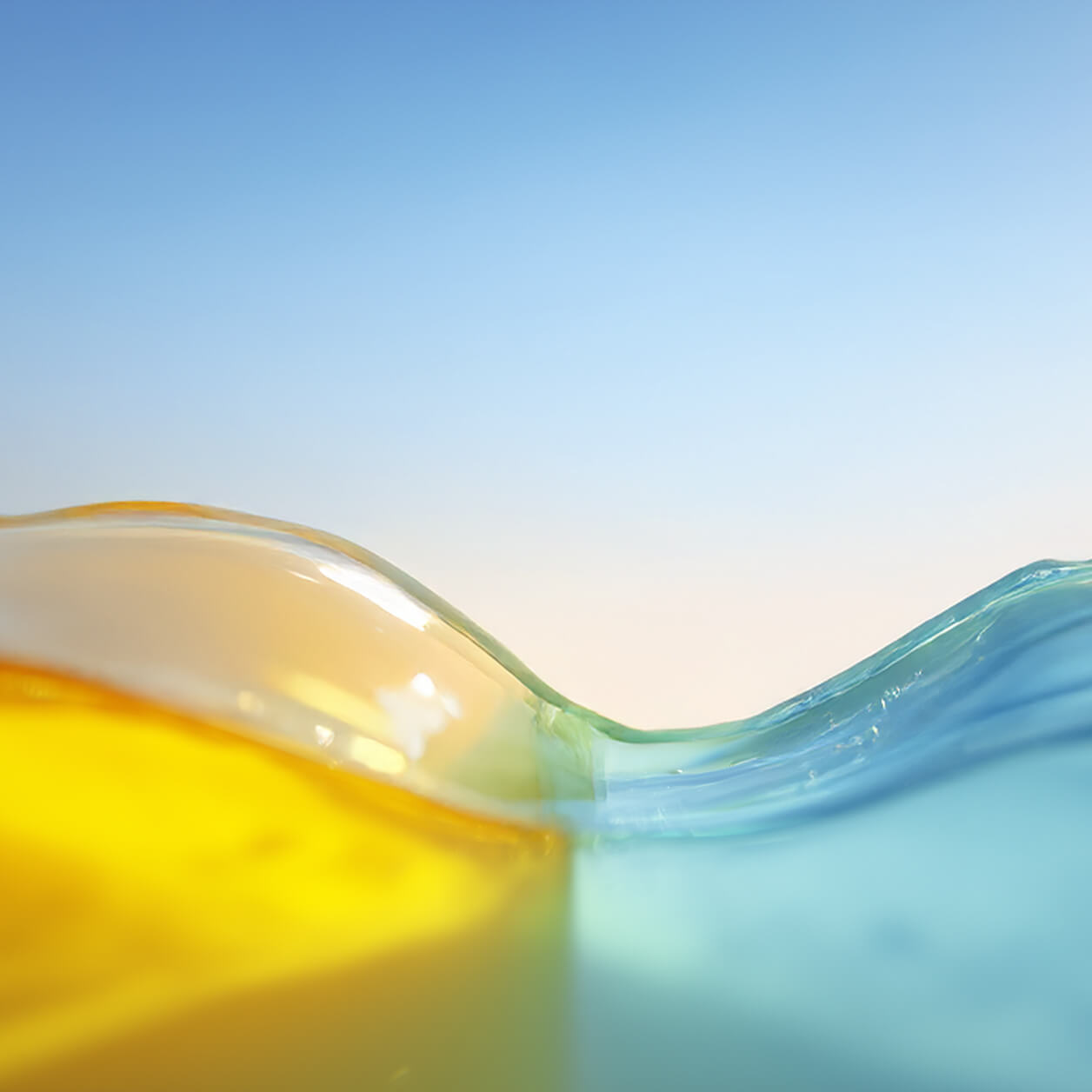
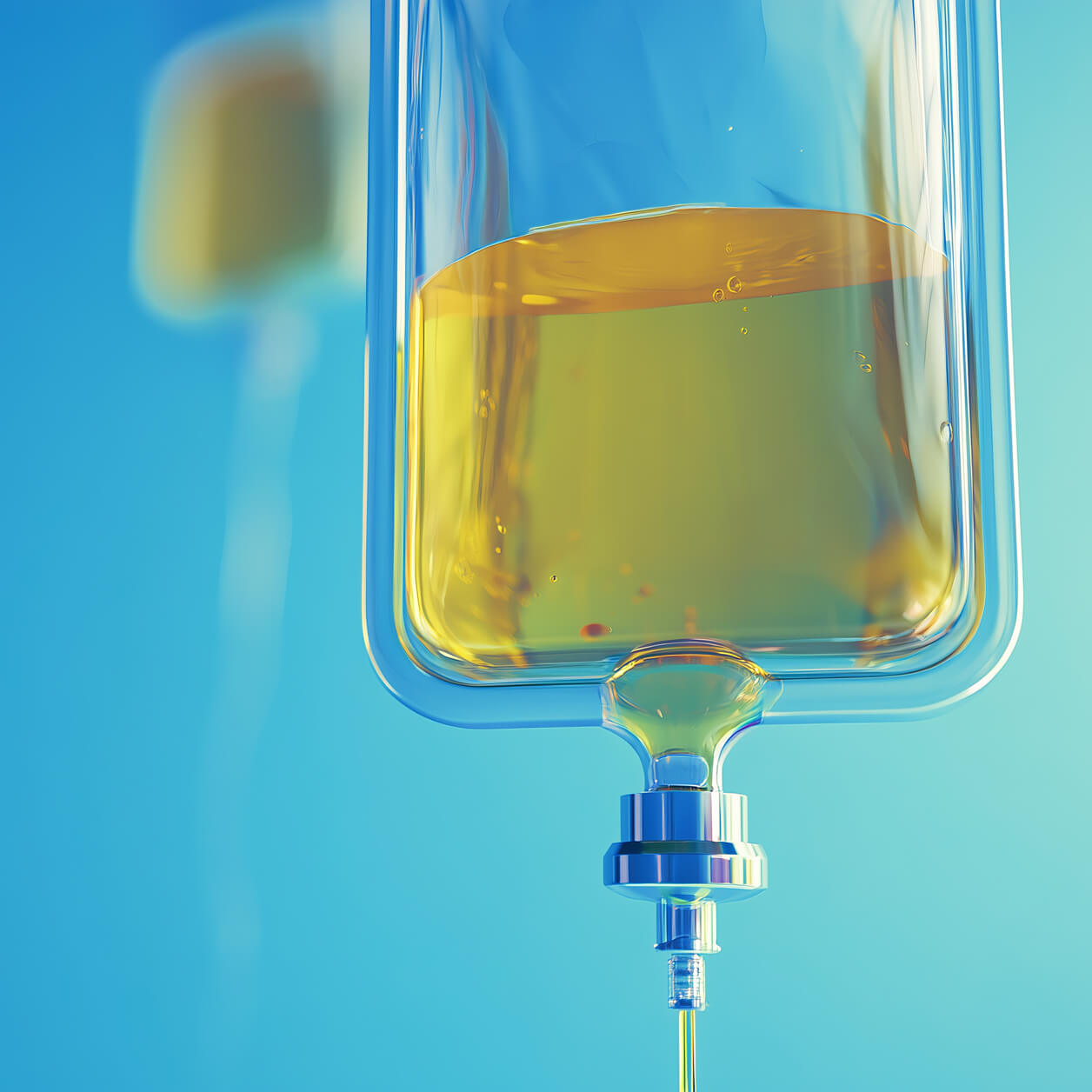
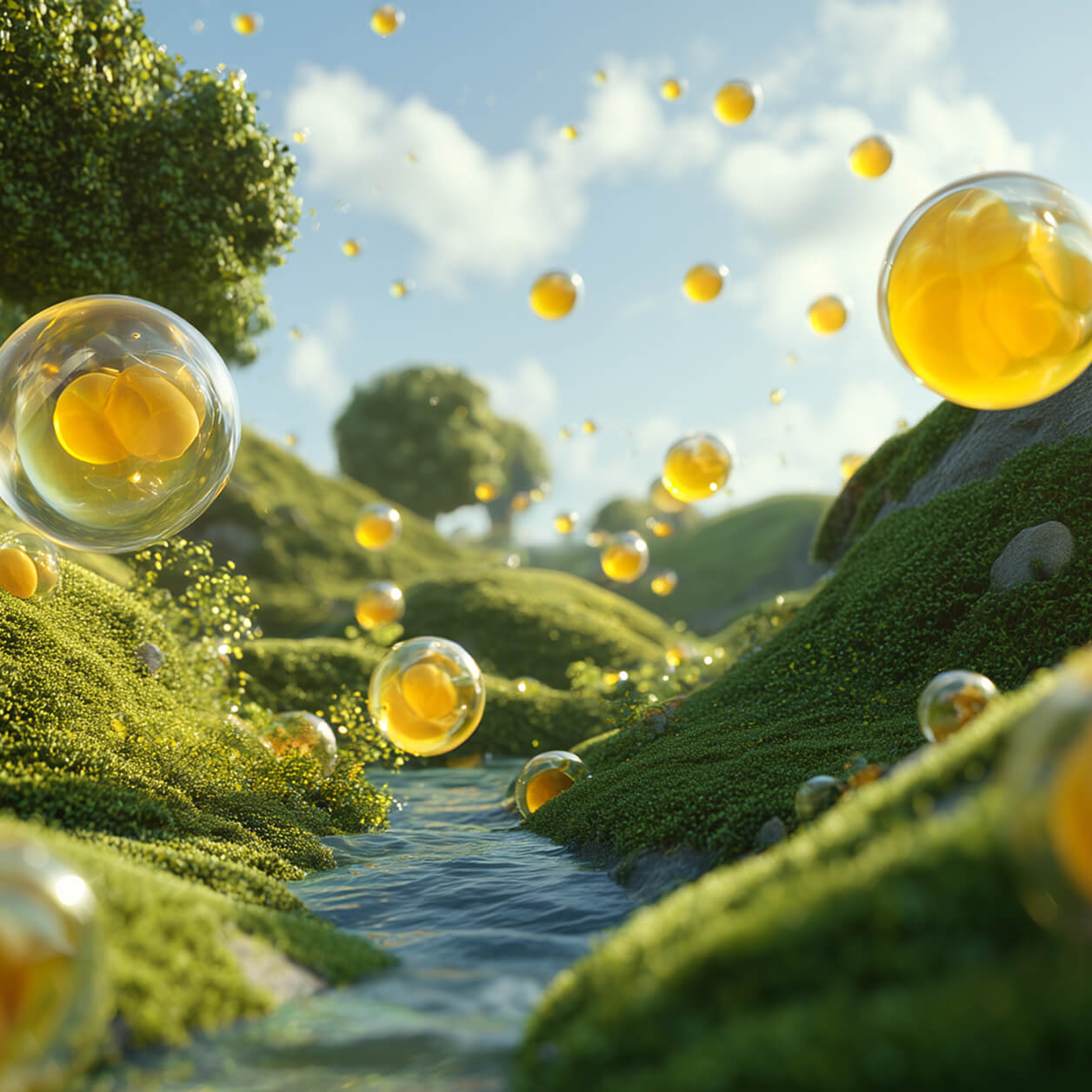
Comprehensive health and virus screening.
Key proteins like immunoglobulins are extracted.
6–12 months of sterile processing to make injectables.
Medicines shipped worldwide for over 300 rare diseases.
Your donation becomes the medicine that keeps patients alive.
Impact Around the World
Your plasma saves lives globally. The US provides 65-68% of the world's plasma supply, and demand grows 6-8% annually worldwide.
Immune deficiency patients who need regular infusions to fight infections
Trauma victims who need albumin to prevent shock
Rare disease patients who depend entirely on plasma medicines
Hemophilia patients who need clotting factors to manage their condition
Cancer patients requiring immune support during treatment
Liver disease patients who need clotting factors for safe medical procedures
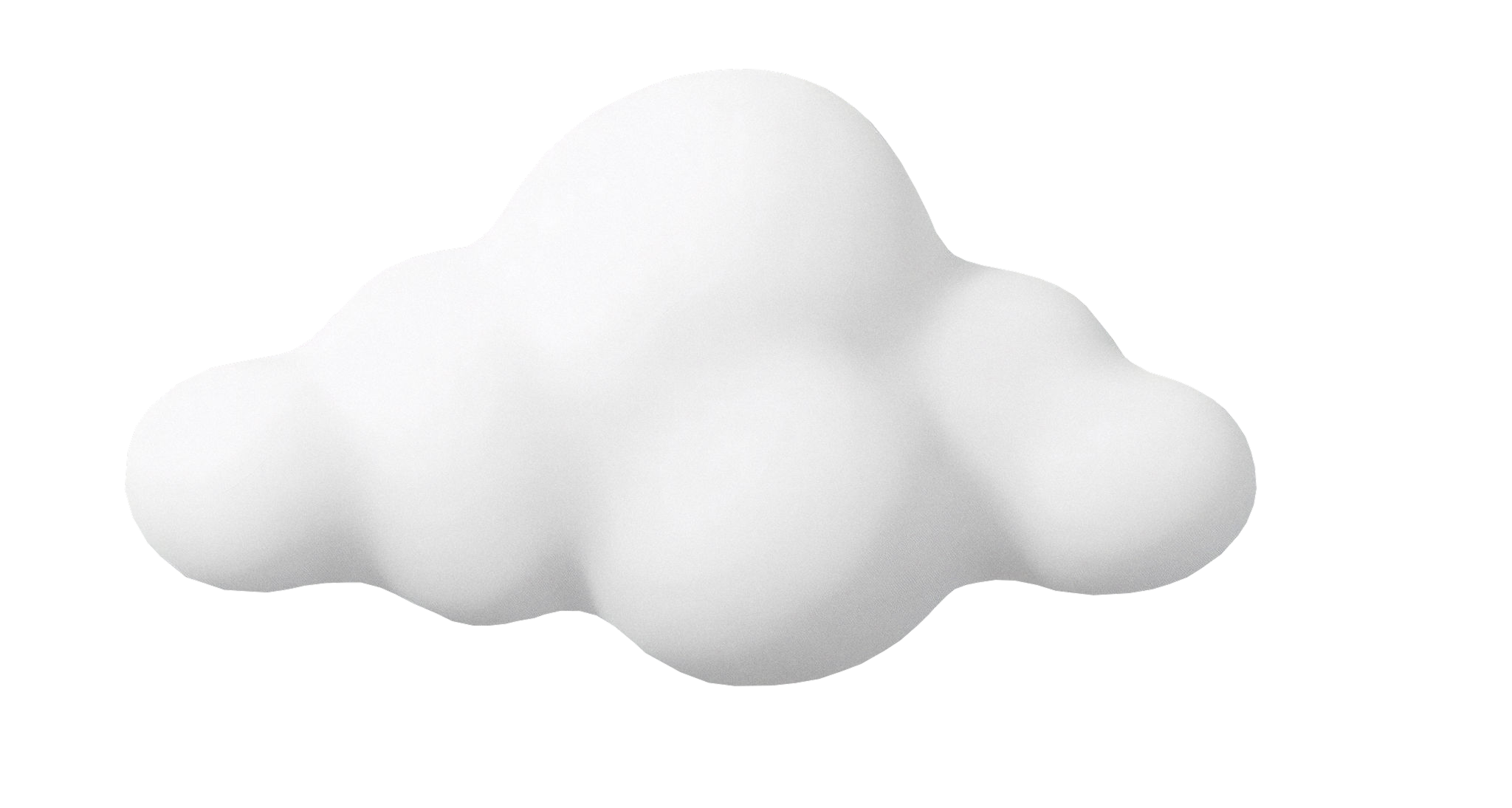



.jpg)